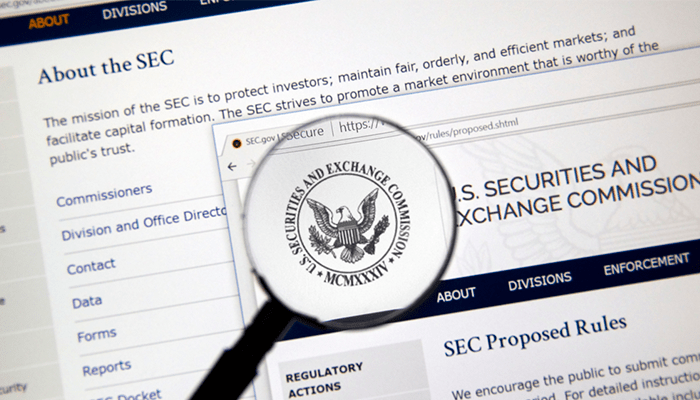
- The devil’s in the details.
- DOL’s Fiduciary Rule Standard
- Reg-BI expands on FINRA’s Suitability Standard
- Best Interest according to a financial lawyer
The devil’s in the details.
Many of the terms used in Reg-BI, like “Best Interest” are not explicitly defined within the 1300 pages (guess they ran out of the room). In general, the new standard is met when a recommendation contains the five-component obligations: Care, Disclosure, Conflict of Interest, Compliance, and Recordkeeping. Still, while there is not much within the regulatory documents, we must look to what inspired the regulation to understand what the SEC means when using the term.
Best interest and meeting compliance with Reg-BI will be defined by court cases from violations and lawsuits and will constantly evolve.
If it sounds like a pretty vague and subjective concept after all, perhaps it is designed to be that way. After all, Reg-BI intends to address and update an entire industry. With the new regulation causing many brokers to enter into the “fiduciary” realm, this is something a lot of people are going to consider. Well, there’s a short answer and a long answer. The short answer is the SEC decides what best interest means.
It can not be stated enough; the conditions and circumstances surrounding the facts of each payment and recommendation will affect whether the SEC considers it a violation of the Reg-BI obligations. Fund expenses are a critical but only one consideration of a best-interest recommendation. Simply recommending the lowest-cost security or investment strategy does not necessarily satisfy the Care Obligation.
DOL’s Fiduciary Rule Standard
Reg-BI is the replacement for the Department of Labor’s Fiduciary Rule, nixed in 2017. There are many similarities between the regulations and the DOL certainly inspired parts of Reg-BI. By the DOL’s language, for instance, a fiduciary’s obligation to carry out its duties is done so “prudently” when they follow a “procedurally prudent” process by:
- gathering relevant information,
- considering all available courses of action,
- consulting experts where appropriate, and
- making a reasoned decision based on all relevant facts and circumstances.
The Fiduciary Rule is by many standards a more strict regulation, so meeting these fiduciary obligations will certainly place most BDs and RIAs within their Reg-BI due diligence standards.
Reg-BI expands on FINRA’s Suitability Standard
Brokers must currently adhere to FINRA’s suitability standard of care with clients, and RIAs must uphold a fiduciary standard of care. But, as the table below shows, Reg-BI is not that different from FINRA’s rule. In general, its key distinctions are more vague and interpretable but may become clarified over time. So, somewhat of a wait-and-see approach, but there is much to do in the meantime.
Best Interest according to a financial lawyer
We consulted with a financial attorney, Michael Kreps, who has advised on regulation, to give his analysis of Reg-BI and its terminology. Rollovers between IRAs and 401k plans must consider the potential risks, rewards, and costs of the IRA or IRA rollover compared to the investor’s existing 401(k) account or other circumstances. The SEC seems to classify a “best interest” recommendation considering the following among other factors:
- fees and expenses;
- level of service available;
- available investment options;
- ability to take penalty-free withdrawals;
- application of required minimum distributions;
- protection from creditors and legal judgments;
- holdings of employer stock; and
- any special features of the existing account.
Lawsuits filed against fiduciaries for not acting in clients’ best interests have been surging the past decade. With a whole new set of obligations to follow, Reg-BI, for BDs and RIAs, clients will be made aware of this change in accepted standards. This could lead to an even larger surge. For anything that isn’t clearly outlined enough, we’ll have to wait and see how things develop. In the meantime, it’s better to document your process now and abide by the SEC’s explicit form requirements.
In the meantime, it’s better to document your process now rather than later if you want to be able to prove you’re in compliance. Recordkeeping is a core element of compliance.
Financial firms can remain out of the crosshairs as long as they remain aware of the standards and practices set by court precedents and exceed them.
You can read more about Reg-BI at our blog, rixtrema.com/blog, where we have tutorials of our financial planning software and economic analysis surrounding current events. Shoot our Client Success Team an email at clientsuccess@rixtrema.com if you have any questions related to Reg-BI or our financial planning or risk software platform.



